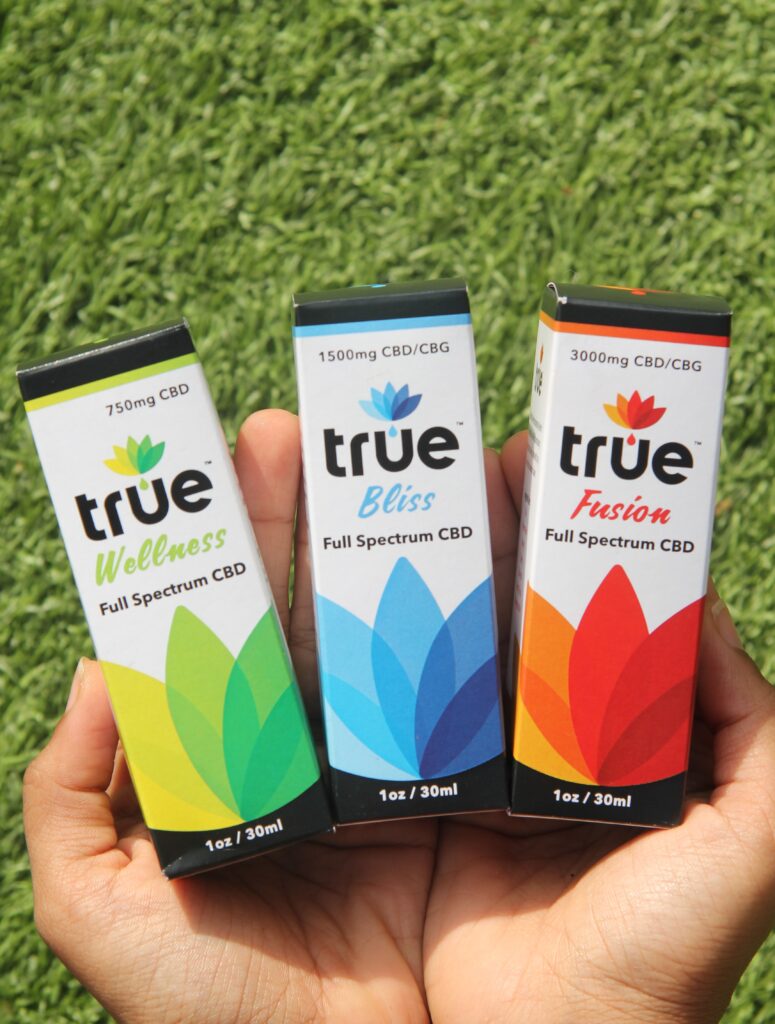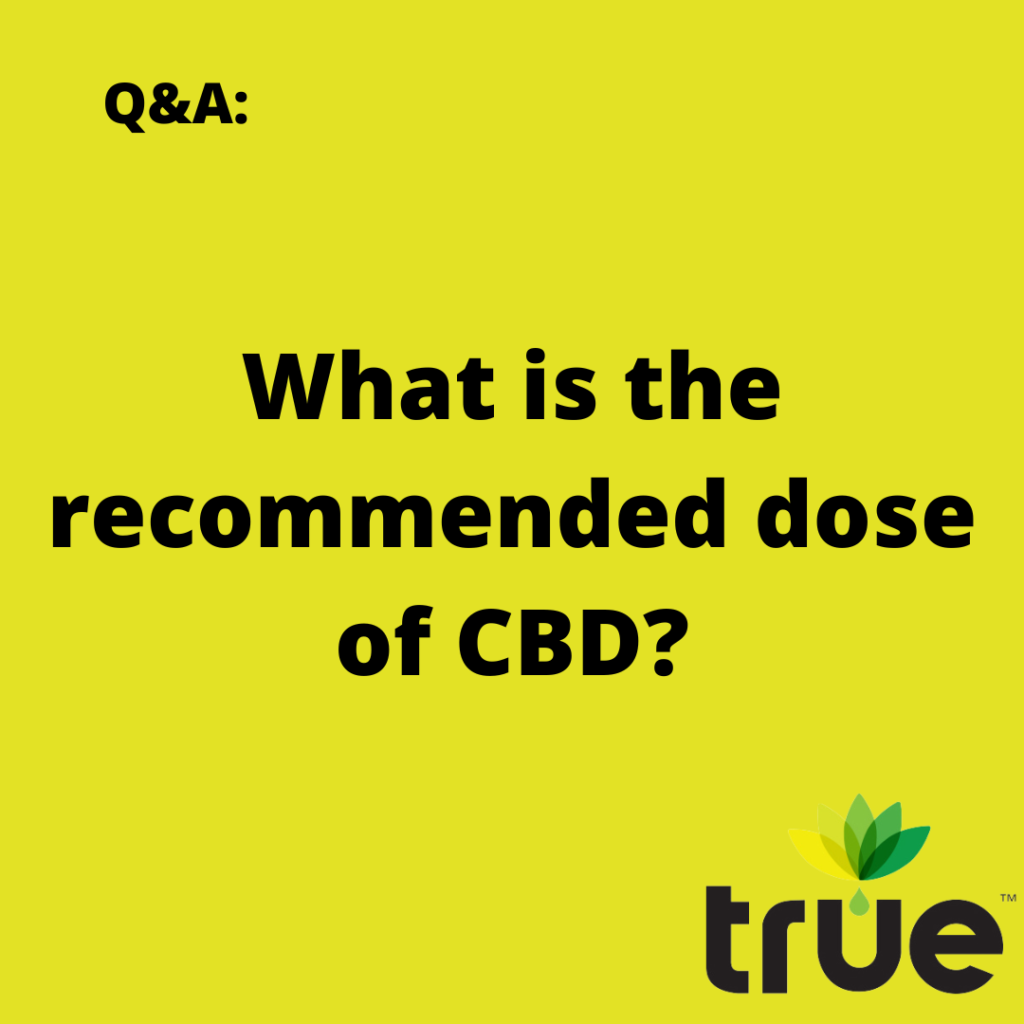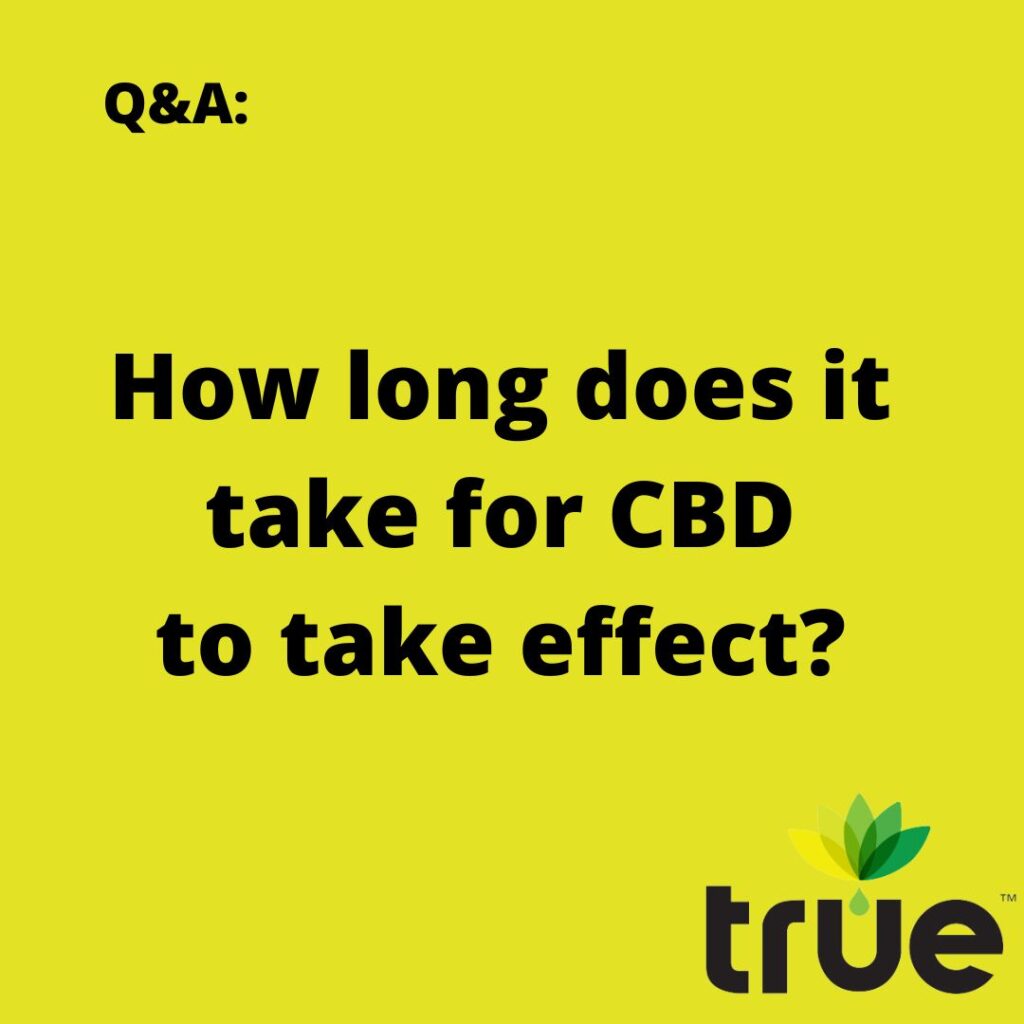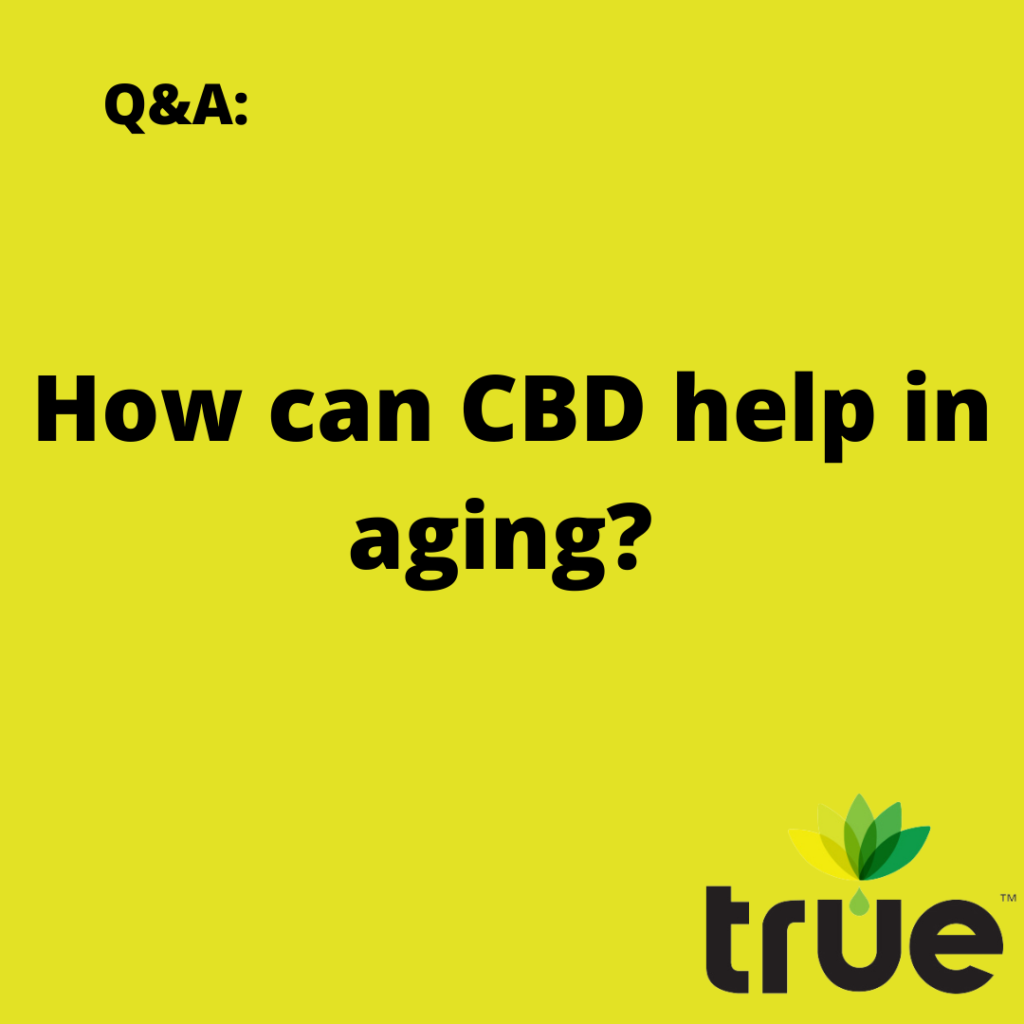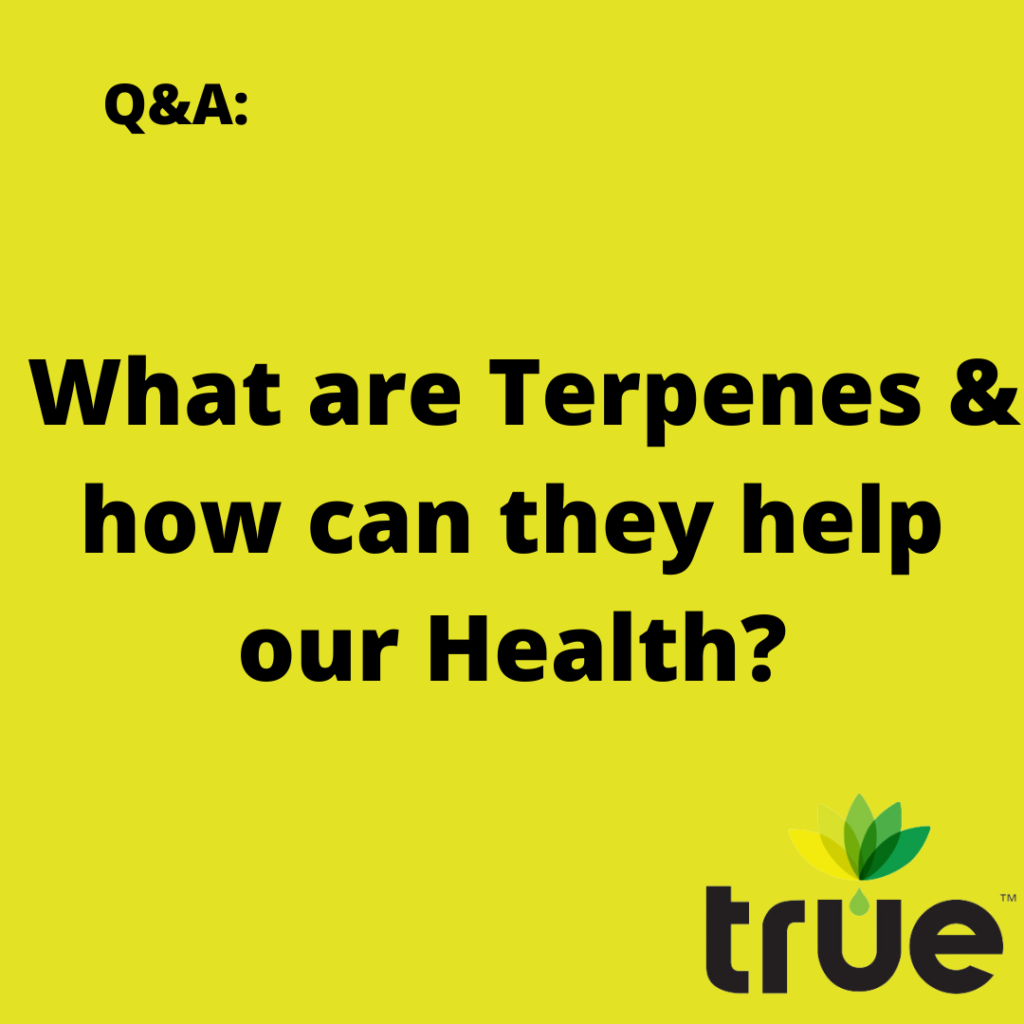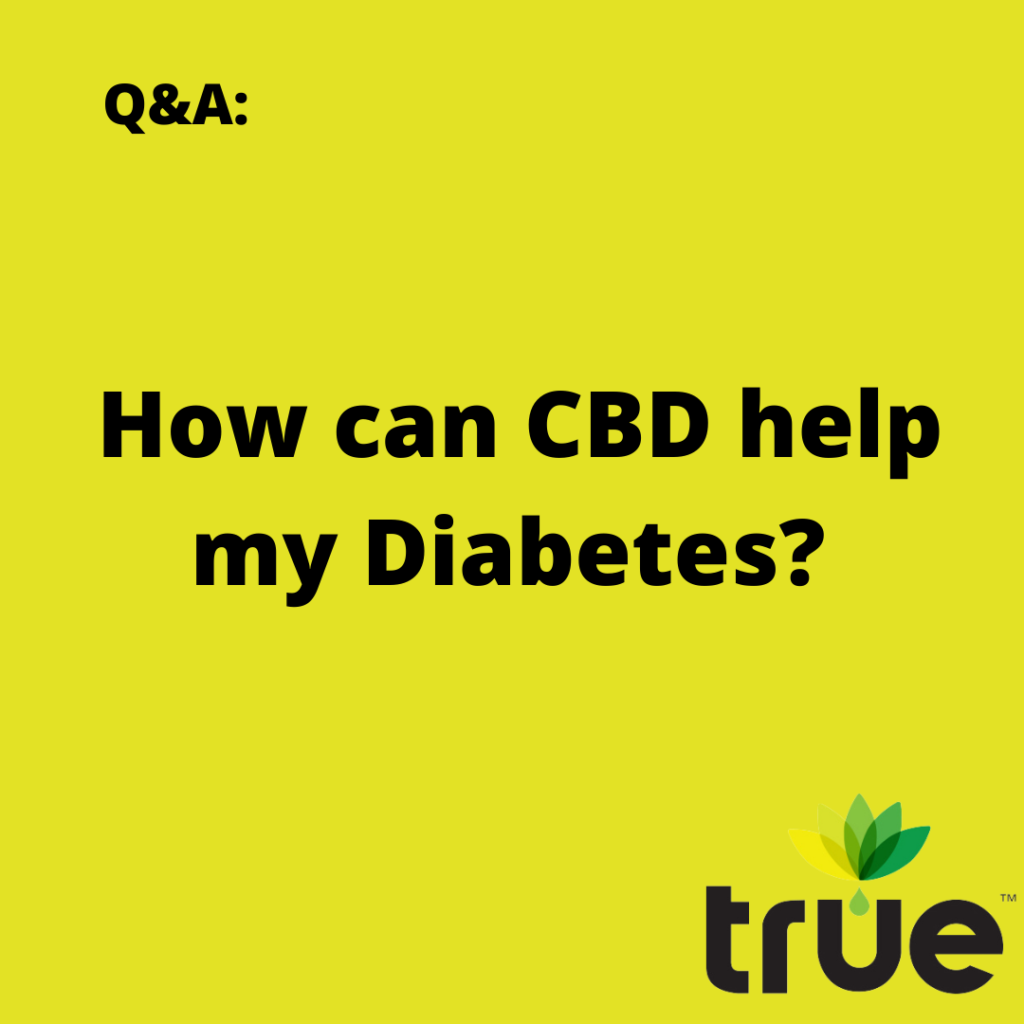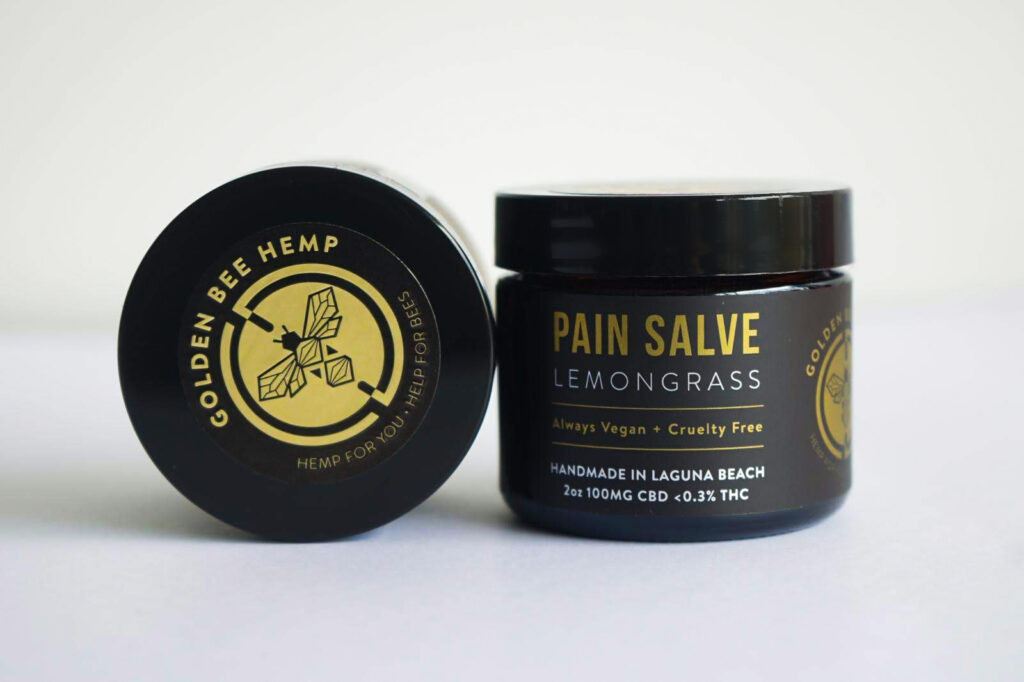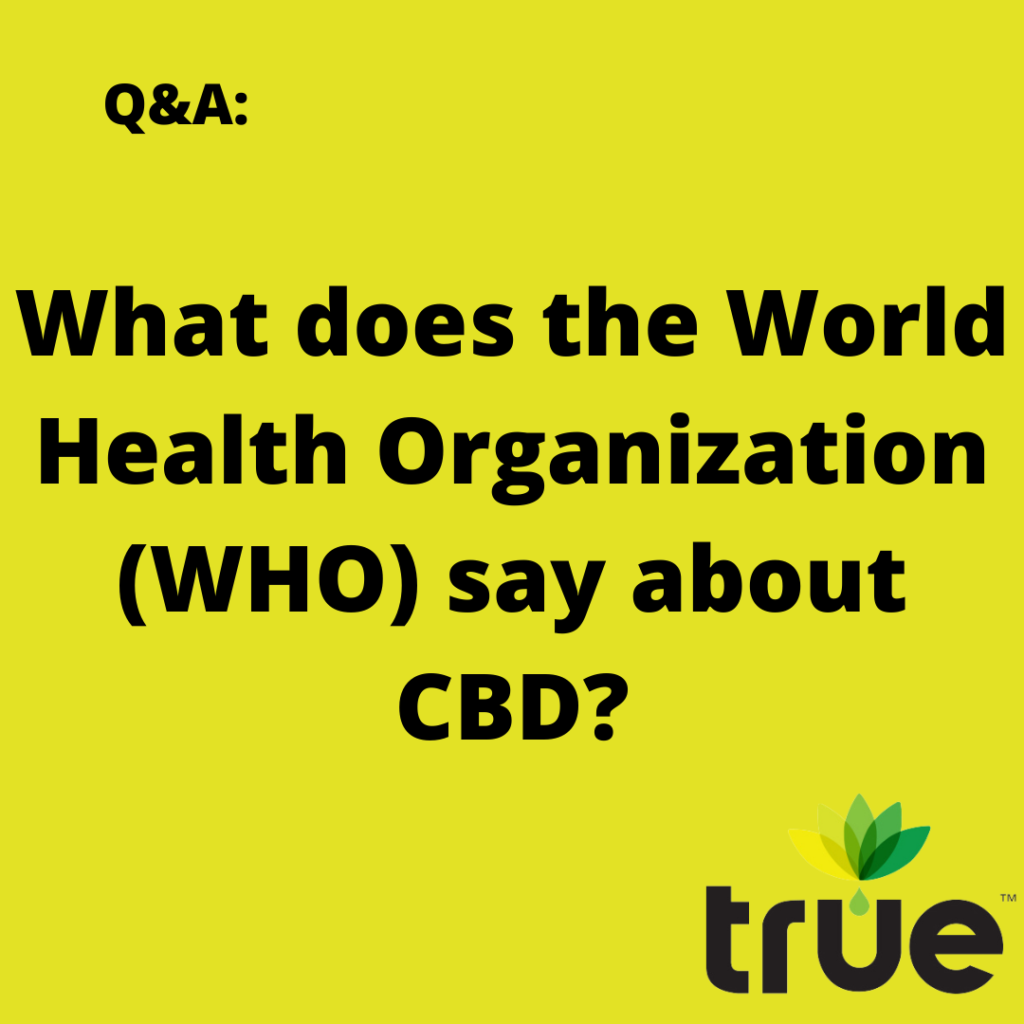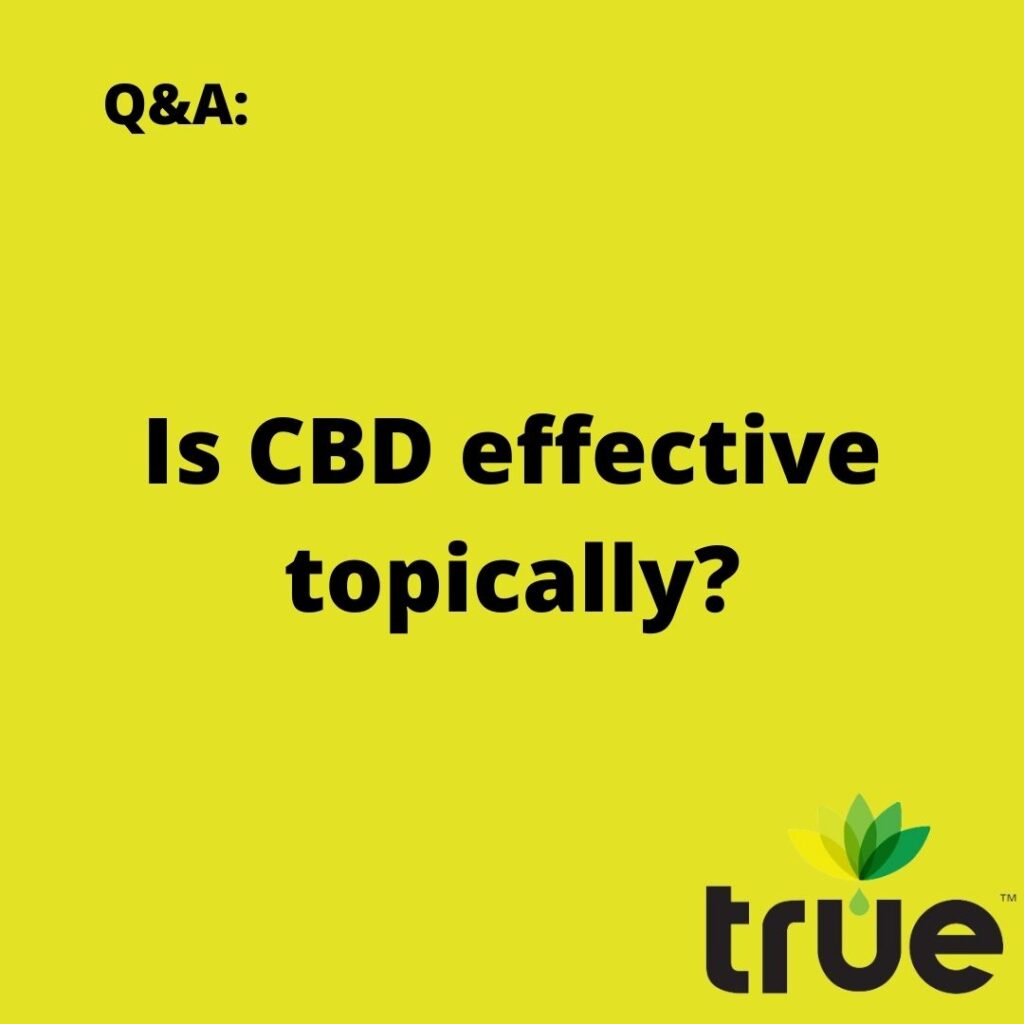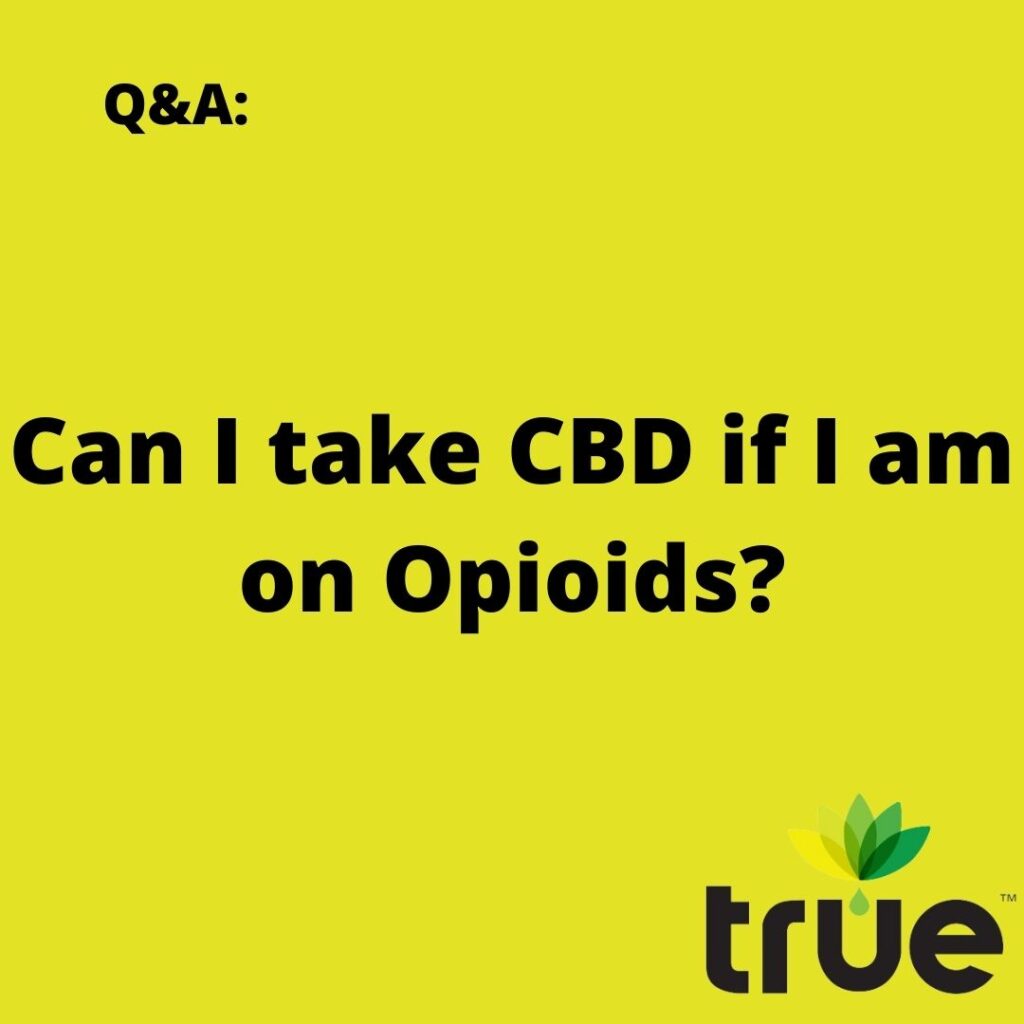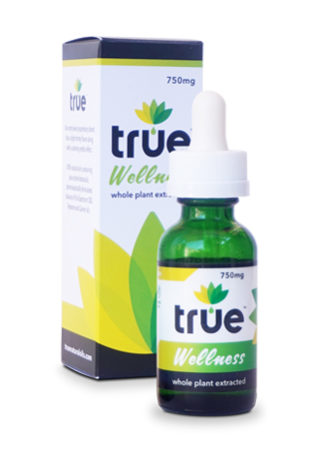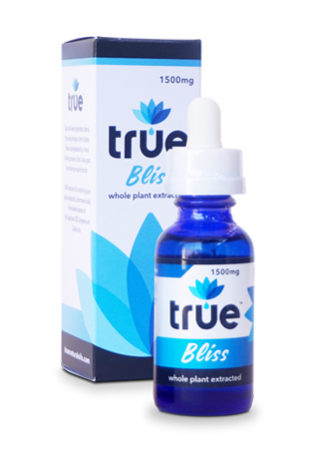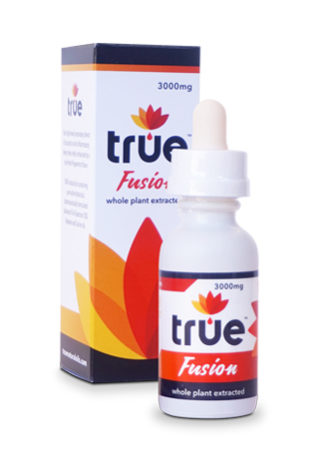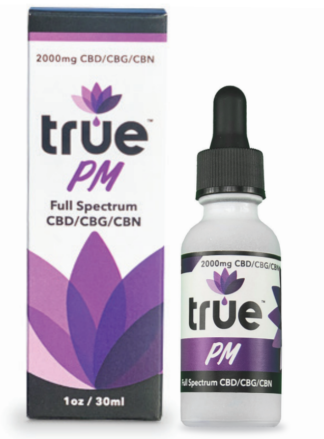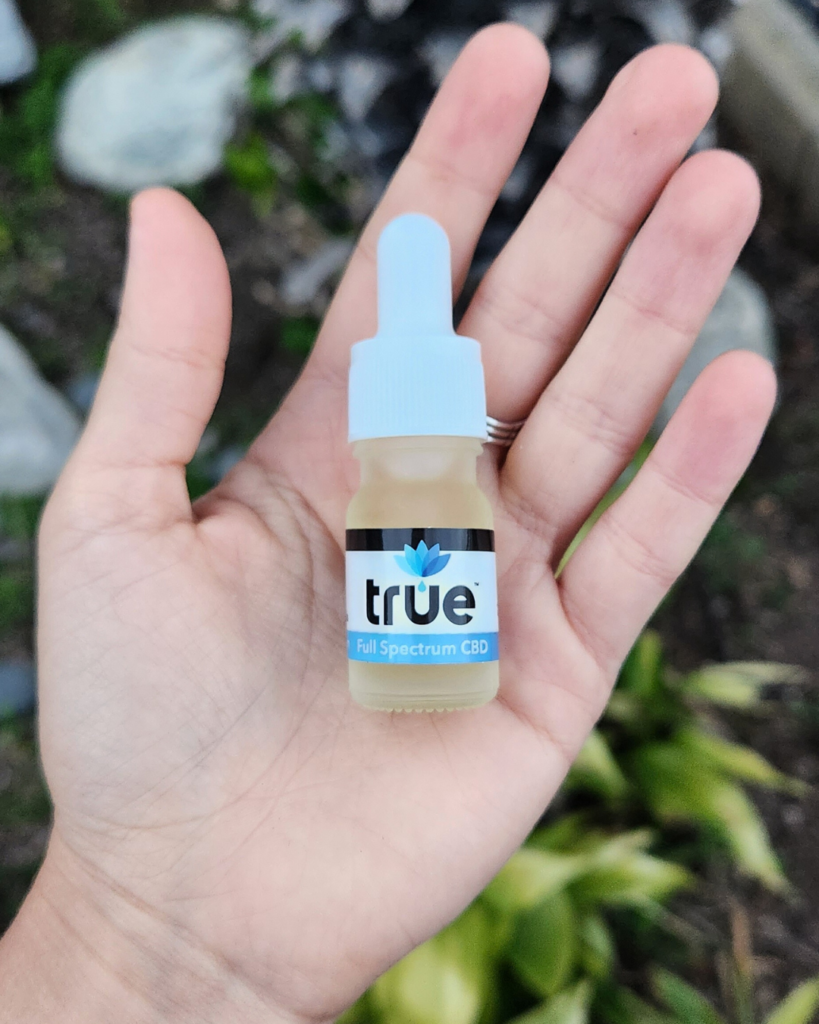
CBD (cannabidiol), the main active ingredient in our products has gained popularity for its potential therapeutic benefits. Our CBD products have been to seen to help with several issues that can be more prevalent during the fall season:
- Seasonal Affective Disorder (SAD): SAD is a type of depression that typically occurs in the fall and winter months when there is less natural sunlight. Some people use CBD to help manage the symptoms of SAD, such as low mood and energy levels.
- Anxiety and Stress: The fall season can bring about increased stress and anxiety for some people, particularly as holidays approach. CBD is often used as a natural remedy to promote relaxation and reduce anxiety.
- Pain and Inflammation: Fall can be associated with more outdoor activities, and some individuals may experience joint pain or inflammation due to changing weather conditions. CBD may have pain-relieving and anti-inflammatory properties.
- Sleep Issues: The transition to cooler and darker days in the fall can disrupt sleep patterns. CBD has been used by some individuals to help improve sleep quality and address insomnia.
- Immune Support: As the flu season approaches, some people turn to CBD for its potential anti-inflammatory and immune-supporting properties.
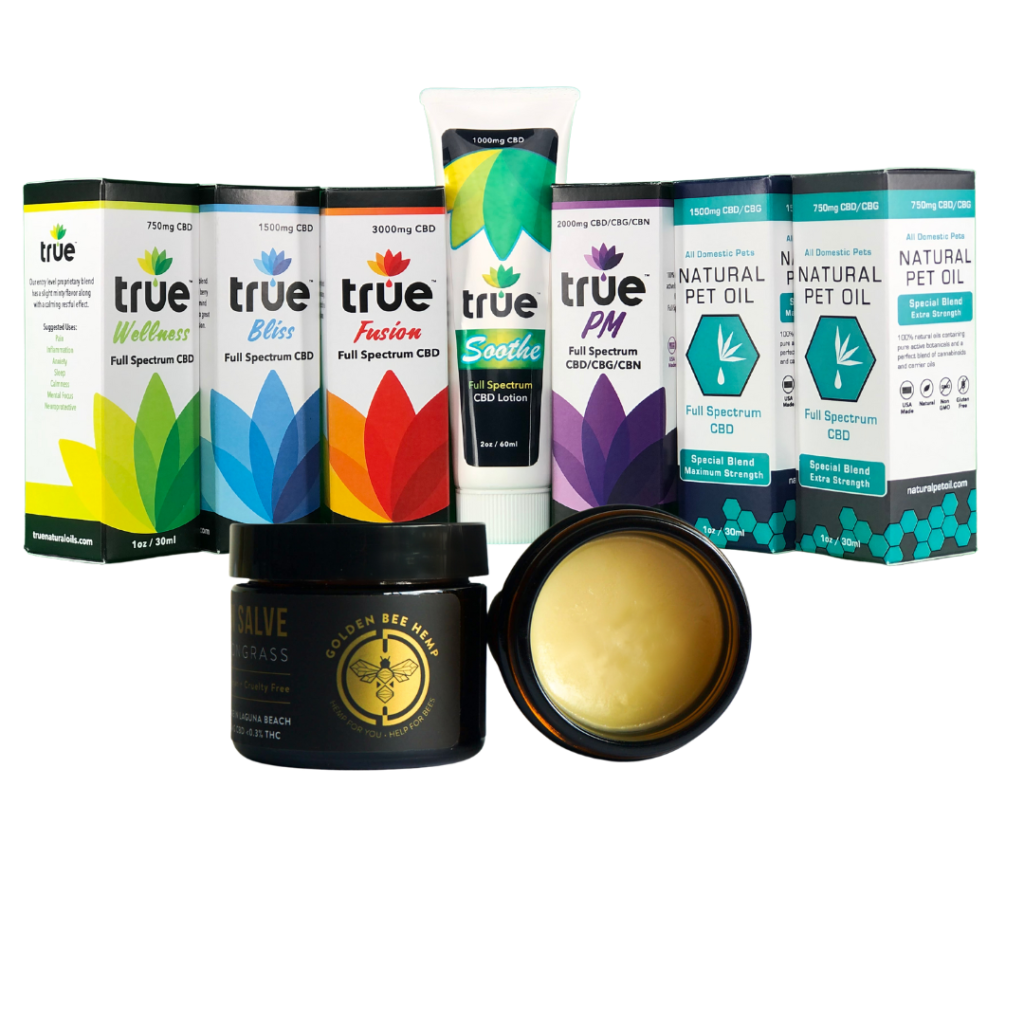
Shop Our Lab-Tested, Pharmacist- Formulated Full Spectrum Oils Now!
- CBD Oils
- Pet Products
- Pain Salves
- Lotion
- Wound Care
- Sleep Tinctures
Disclaimer: Not Medical Advice.

